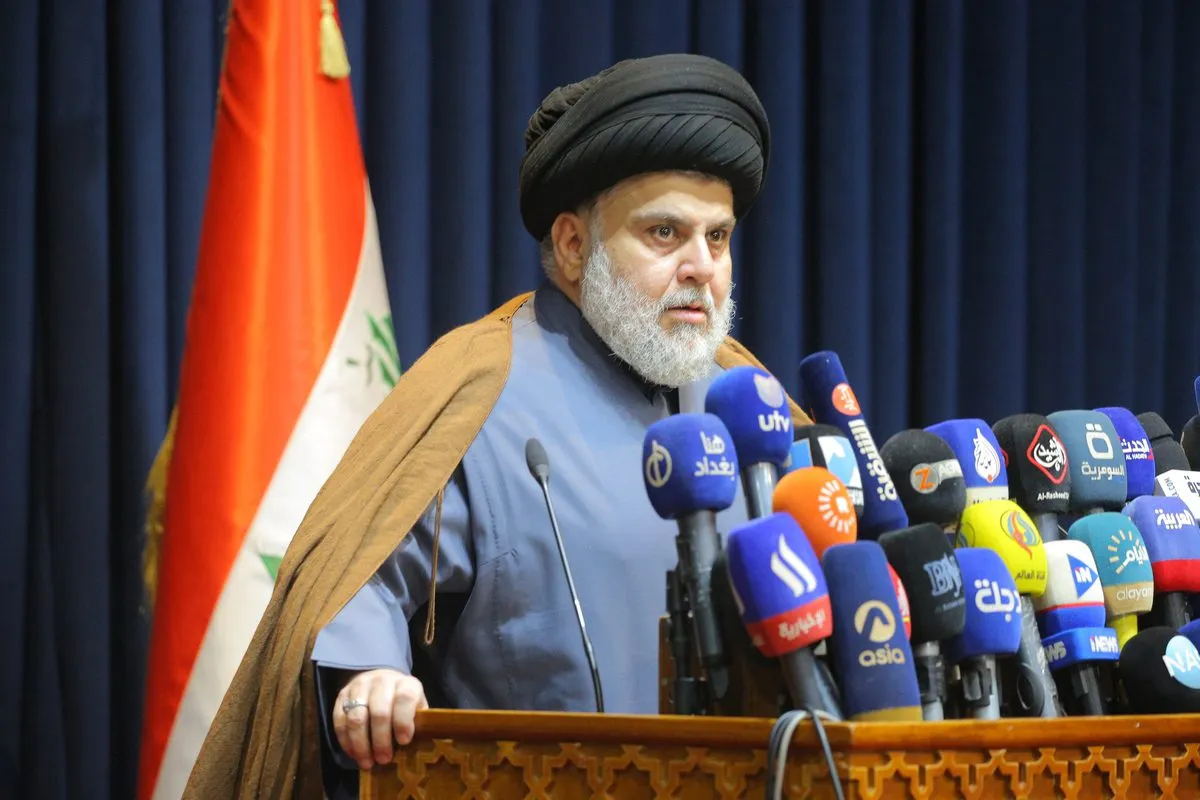BAGHDAD, Aug 29(ABC): Populist Iraqi Shi’ite cleric Moqtada al-Sadr, once a mercurial outlaw wanted dead or alive during the U.S. occupation, rose to become a political kingmaker and Iraq’s most powerful figure.
But even with his unmatched influence, Sadr could not end a prolonged stalemate over forming a government, prompting him to tell his Sadrist bloc in parliament to resign in June.
On Monday, Sadr said he wasquitting politics and closing his institutions because of the intractable political deadlock, raising the prospect of more instability in Iraq.
“I hereby announce my final withdrawal,” he wrote on Twitter, criticising fellow Shi’ite political leaders for failing to heed his calls for reform.
Sadr, a staunch opponent of both Iran and the United States who has made political comebacks in the past after withdrawing, wields huge clout with hundreds of thousands of followers who have proved ready to heed his calls to take to the streets.
He was virtually unknown beyond Iraq before the 2003 U.S.-led invasion. But he soon became a symbol of resistance to occupation, deriving much of his authority from his family.
Sadr is the son of revered Grand Ayatollah Mohammed Sadeq al-Sadr, who was assassinated in 1999 after openly criticising then-dictator Saddam Hussein. His father’s cousin, Mohammed Baqir, was also killed by Saddam, in 1980.
“His family legacy – without it I don’t think he could be where he is today,” said Randa Slim, senior fellow at the Middle East Institute.
Despite the risks, Sadr never fled Iraq, unlike other prominent figures in post-Saddam governments who returned from exile in Iran and the West following the invasion.

